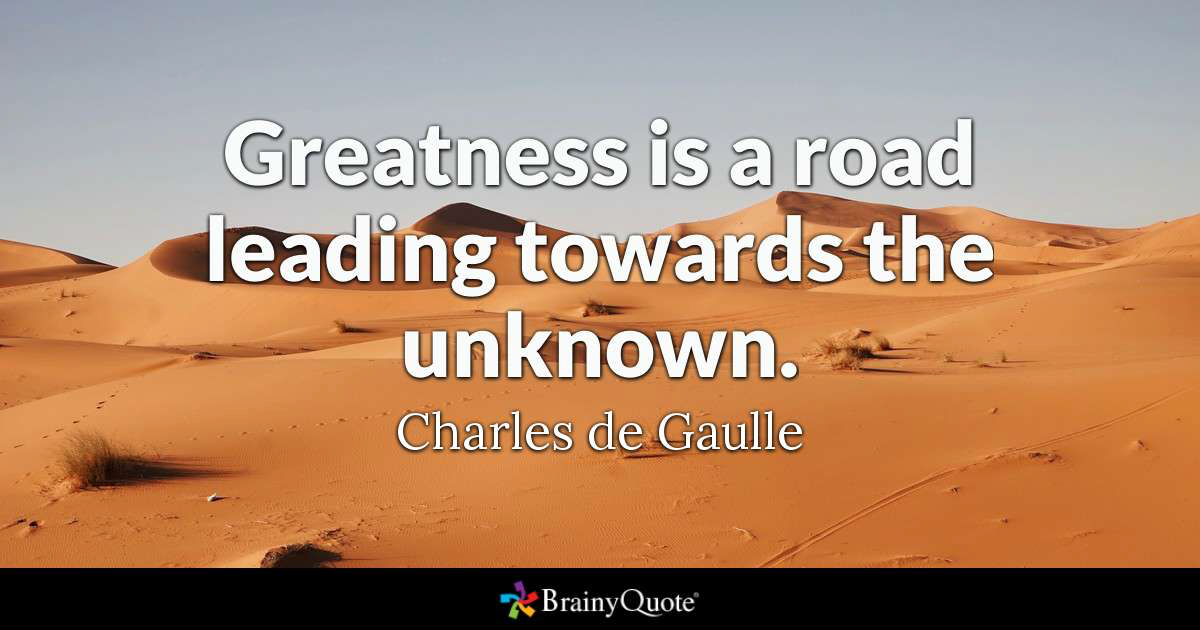Into The Unknown
Many parents bring their children to me with the hopes that somehow what I do can fix their child’s problems, be it learning to sit and walk, or being able to slow down and focus their attention to learn.
The reality is, I do not have any fixed ways or ideas as to how I can help their child.
Every time I interact with my child clients, I make sure to keep an open mind. So open that there are no preconceived notions at all.
During our interaction, each child begins to show me what they can or cannot do. This sets the baseline from which each child could improve. Simply said, I help these children to refine what they can already do and learn to do the things that they cannot yet do.
My focus, however, is on what each of these children are interested in and to help them do what they want.
Since it is something that each child actually wants to do for themselves, they are very motivated to let me help them move in that direction.
Having worked with children for over 10 years, I have learned that imposing activities that are too difficult/demanding just end up turning off the ‘learning switch’ in these children.
A rather common example would be to practice Tummy Time before the child is ready. Often times these children could develop, later on in life, an aversion to playing on their tummy. The consequence of which could deprive them of many skills they can potentially develop while playing on their tummy. Sad, but true…
When I help these children ‘feel into’ their innate ability of moving towards their most achievable goals, they can learn incredibly fast. Before long, as if by magic, these children start doing things they were unable to do before!
This is the fundamental difference between ‘fixing’ what is not working and ‘supporting’ new movements to evolve on their own.
As parents, when you keep an open mind during your daily interactions with your child, you’ll begin to notice and discover so much more about them and yourself. How about having more fun with your child? After all the best therapy in the world is PLAY!
What is that ‘something new’ you discovered about your child today!


